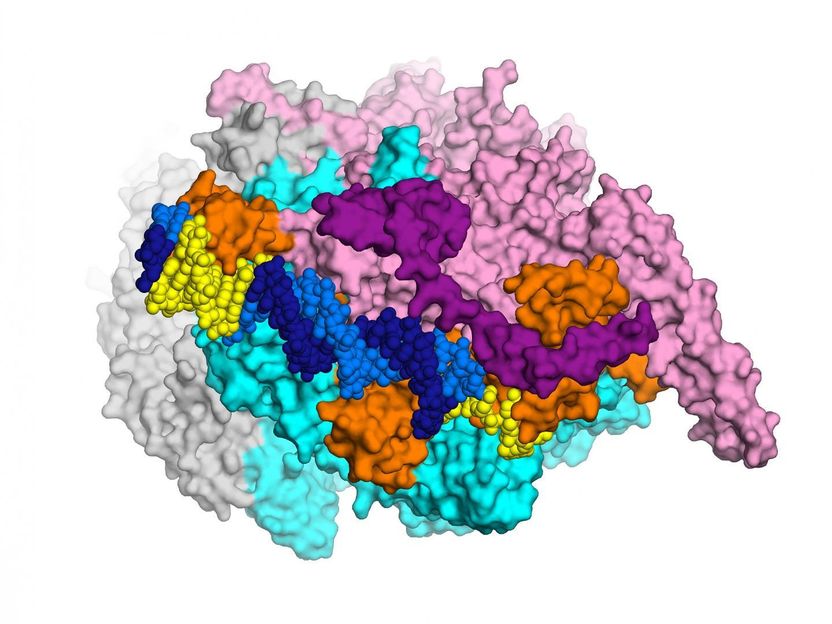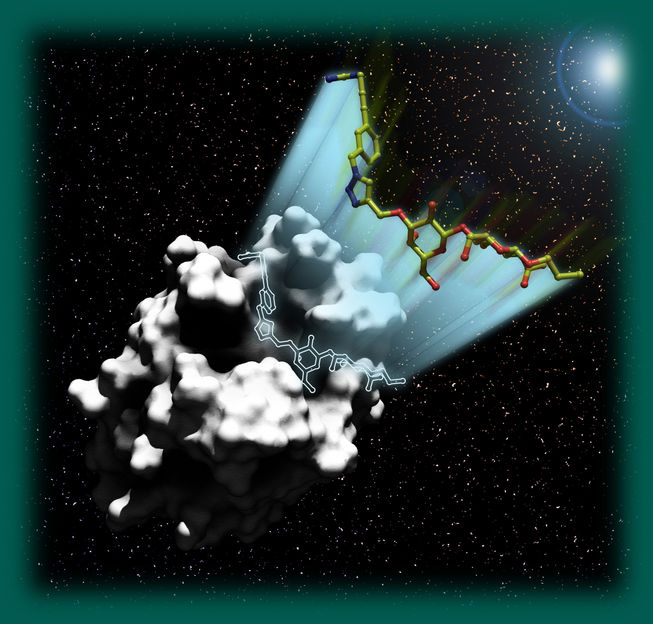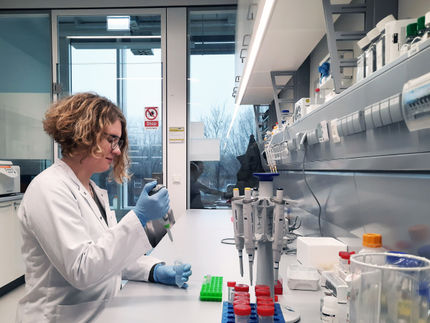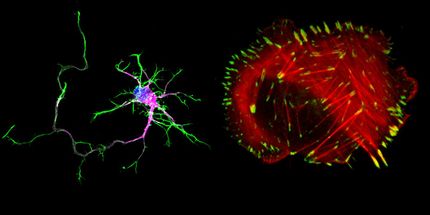Drug shown to reverse radioiodine resistance in some advanced thyroid cancers
Memorial Sloan-Kettering will lead phase III trial of investigational drug
The experimental drug selumetinib may allow some patients with advanced thyroid cancer to overcome resistance to radioiodine (RAI), the most effective therapy for the disease, according to new research from Memorial Sloan-Kettering cancer Center.
Published in the issue of the New England Journal of Medicine, the study offers new hope for patients with a disease that can have a poor prognosis. An estimated 56,000 new cases of thyroid cancer are diagnosed each year in the United States, and that number is on the rise, according to the National Cancer Institute. About 5 percent of these patients will eventually develop distant metastatic disease, and the ten-year survival rate for patients with metastatic tumors that fail to respond to RAI is approximately 10 percent.
According to James A. Fagin, MD, Memorial Sloan-Kettering's Endocrinology Service Chief and senior author on the study, many trials have tested strategies for overcoming RAI resistance in metastatic thyroid cancers, but none have been successful. Previous studies have shown that a cell's ability to absorb RAI is controlled by the MAPK pathway, so Dr. Fagin and his colleagues examined whether selumetinib, an MAPK inhibitor, could reverse RAI resistance by inhibiting the signaling of genetic mutations in this pathway. The approach proved effective, especially in patients with thyroid cancers that contain a mutation in the RAS gene – a component of the MAPK pathway.
"Blocking this key pathway increased the uptake of iodine, making radioiodine treatment potentially effective once again," said Fagin, who led this research in cells and in mice.
Following a five-day low-iodine diet, researchers administered selumetinib to 20 patients with tumors resistant to radioiodine. After four weeks, patients underwent a diagnostic scan that measured how much RAI their tumors would absorb. In eight patients, including all five with an NRAS gene mutation, selumetinib increased iodine uptake enough to allow patients to undergo RAI therapy.
Following RAI, five patients had confirmed partial responses and three had stable disease. In seven of the eight patients, outcomes remained unchanged during six months of follow-up. All eight patients had a decreased level of serum thyroglobulin – a protein in the blood used to screen for advanced thyroid cancer – and none experienced serious side effects from selumetinib.
"An advantage of this therapeutic strategy is that only a short course of drug therapy is required to elicit a significant clinical effect," Fagin said, adding that "the initial results show promise for RAS-mutant disease, but the hope is that a larger trial will shed light on whether selumetinib can be effective for a broader range of advanced thyroid cancer subtypes."
Memorial Sloan-Kettering will lead the international, multicenter phase III clinical trial of selumetinib later this year. The trial, which will be sponsored by AstraZeneca, will enroll patients who have recently had their thyroid gland removed – a procedure known as total thyroidectomy – due to thyroid cancer that has spread to nearby tissue or lymph nodes.
Organizations
Other news from the department science

Get the life science industry in your inbox
By submitting this form you agree that LUMITOS AG will send you the newsletter(s) selected above by email. Your data will not be passed on to third parties. Your data will be stored and processed in accordance with our data protection regulations. LUMITOS may contact you by email for the purpose of advertising or market and opinion surveys. You can revoke your consent at any time without giving reasons to LUMITOS AG, Ernst-Augustin-Str. 2, 12489 Berlin, Germany or by e-mail at revoke@lumitos.com with effect for the future. In addition, each email contains a link to unsubscribe from the corresponding newsletter.
Most read news
More news from our other portals
Last viewed contents

Atomic-scale view of bacterial proteins offers path to new tuberculosis drugs

Cancer detection with sugar molecules
Parahuman

Powering a microprocessor by photosynthesis - Algae-powered computing: Scientists create reliable and renewable biological photovoltaic cell
Cosmos Alliance - Washington, USA
Genzyme’s Alemtuzumab for Multiple Sclerosis Shows Durable Treatment Benefit in Review of Four-Year Phase 2 Trial Data - Company’s CARE-MS II Phase 3 Trial Completes Enrollment
Safe medications thanks to new test procedures - High-Tech Gründerfonds invests in SIGNATOPE GmbH
Joint efforts to control diseases transmitted from animals to humans - BfR Symposium on Zoonoses and Food Safety
Genmab Announces Lift of Zalutumumab Partial Clinical Hold
Celera and Collaborators Discover a Genetic Marker Associated with Severe Coronary Artery Disease - Carriers of gene variant exhibit an approximate 3-fold increased risk of disease




















































